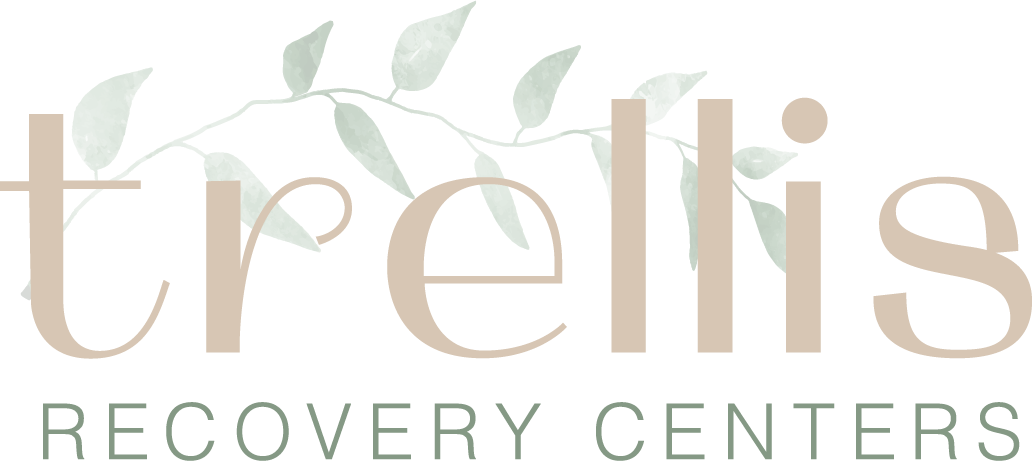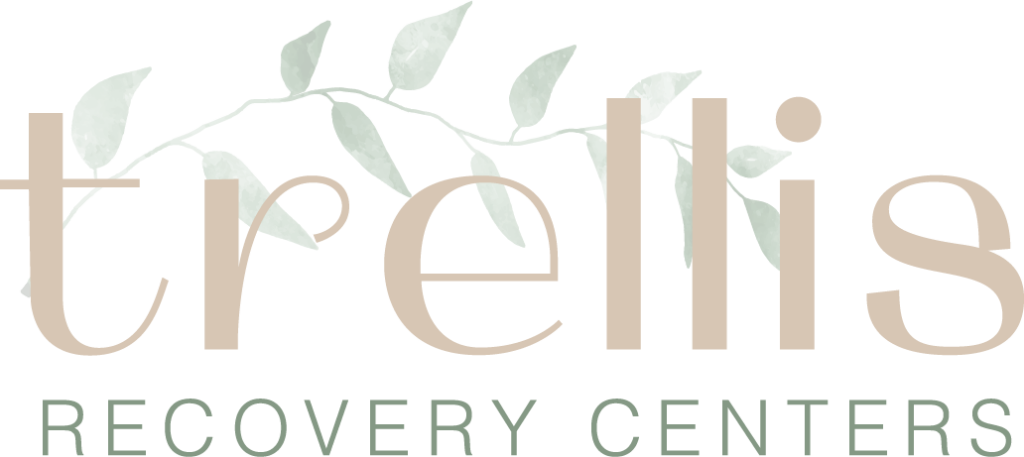The word “somatic” comes from the Latin word “soma,” meaning “body.” It follows, then, that “somatic therapy” refers to therapy that involves working directly with the body. Just as interventions in talk-based psychotherapy are based on the clinician’s understanding of how the mind works, interventions in somatic therapy for eating disorders are rooted in the clinician’s understanding of the neurobiology and physiology associated with mental health symptoms.
What is Somatic Therapy?
Many of the physical symptoms that accompany anxiety, depression, or posttraumatic stress disorder are, at their core, unprocessed energy that is stored in our nervous system as a result of being chronically overwhelmed. For individuals who experience physiological symptoms such as dissociation, flashbacks, gastrointestinal distress, panic attacks, heart palpitations, or chronic fatigue, talk therapy alone does not always bring symptom relief. We also need to speak to the body. This is the function of somatic interventions.
Somatic Therapy is an umbrella term that refers to a collection of techniques, all of which are designed to increase connection between the conscious mind and the body. Some examples of somatic therapies include Somatic Experiencing, Sensorimotor Therapy, biofeedback and neurofeedback, Brainspotting, and many types of breathwork and bodywork. Examples of common somatic interventions may include grounding techniques using the breath or the five senses, mapping the location of emotions in the body, attuning to physical reactions during talk therapy, and identifying resources (such as sounds, textures, or imagery) that can be used during moments of stress. Breathing techniques are common in somatic interventions because our breath is the link between our involuntary and voluntary nervous systems. By decreasing the speed and increasing the depth of our breath, we can send the signal to our brain and body that we are safe.

The Nervous System and Stress: Foundational Concepts
The human nervous system is divided into two main sections: the central nervous system (the brain and spinal cord) and the peripheral nervous system (the nerves that extend outward to innervate the rest of the body). The peripheral nervous system is divided into two additional branches: the somatic nervous system and the autonomic nervous system (ANS). The ANS plays a central role in the body’s response to the environment, adjusting the arousal level of these body systems as our brain scans our surroundings for danger or safety.
You are probably familiar with this process without even knowing it! Have you ever felt threatened and immediately feel a spike in your heart rate and blood pressure? Maybe you got a stomachache or needed to use the bathroom? You might even notice a lack of mental clarity or feeling brain fog. These are just some of the physiological reactions that allow us to fight or flee, all of which result from the body putting in-motion large amounts of energy to fight the “threat.” Our bodies may also freeze or collapse in these moments. Once our brains detect that the threat has passed, we will return to our physical baseline.
A healthy person who is safe in their environment is able to move smoothly through these physical and emotional states. However, when we are exposed to chronic or traumatic stress, the body will find it difficult to fully relax because the brain believes that remaining alert is key to our survival.
Request a Confidential Callback

Benefits of Somatic Therapy for Treating Eating Disorders
Individuals with eating disorders have often spent a significant amount of time in a state of chronic stress or anxiety. After all, eating disorders are often a way of coping with underlying emotional distress. By binging, purging, ignoring hunger and fullness cues, exercising to the point of illness or exhaustion, and engaging in other forms of self-harm, individuals with eating disorders become disconnected from their physical needs as well as feelings and emotions.
Recovery from eating disorders involves clients reconnecting with their bodies and somatic therapy can help clients achieve just that. By implementing somatic interventions, clinicians create a therapy space that encourages respect for the body’s needs. As clients navigate the early phases of recovery, somatic interventions can lead to improved awareness of hunger and fullness cues. Somatic interventions can also promote a client’s belief in their abilities to identify and tolerate emotional discomfort, leading to a reduced reliance on eating disorder behaviors to communicate and cope.
Begin Somatic Interventions at Trellis Recovery Center in Los Angeles, CA
At Trellis Recovery Center, our clinical team is educated and informed in the use of somatic interventions for the treatment of eating disorders. Due to the psychological, emotional, social, and physical consequences of an eating disorder, treatment must be holistic in order to lay the groundwork for a full recovery. When we leave a client’s physiological experience out of treatment, we miss out on the opportunity to create a well-rounded healing process.
In both individual and group sessions, our team will use somatic interventions as indicated that are tailored to the needs of each client. As all clients are unique, so is our approach to the implementation of somatic therapies. Some clients may benefit from simple instruction on breathing techniques and grounding exercises for anxiety. Others may benefit from more structured interventions to address trauma symptoms. Our main priority in all of our clinical interventions is to personalize treatment in a way that honors the unique experiences of each of our clients.
Healing is within reach when we learn to listen to our bodies as well as our minds.
If you notice that physiological symptoms, in combination with a disrupted relationship with food, are interfering with you or your loved ones quality of life, reach out to our admissions department today. Somatic Therapy at Trellis Recovery Center can help you cultivate lifelong freedom from eating disorders. Contact our team today to begin your journey of recovery.

